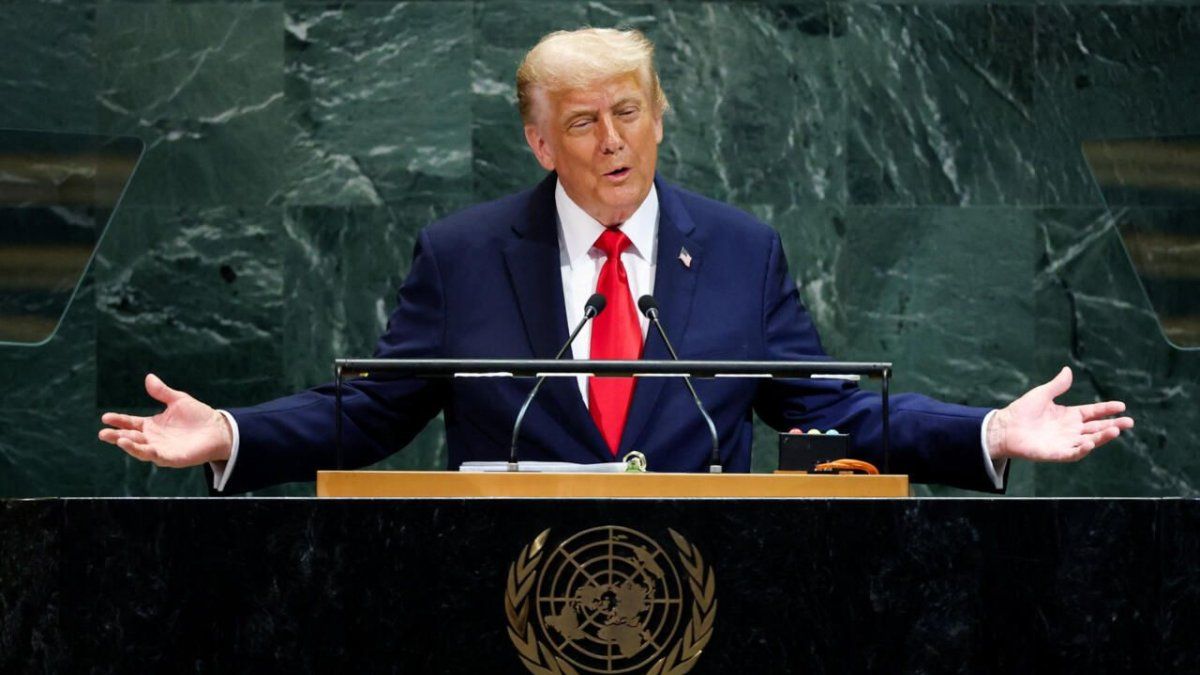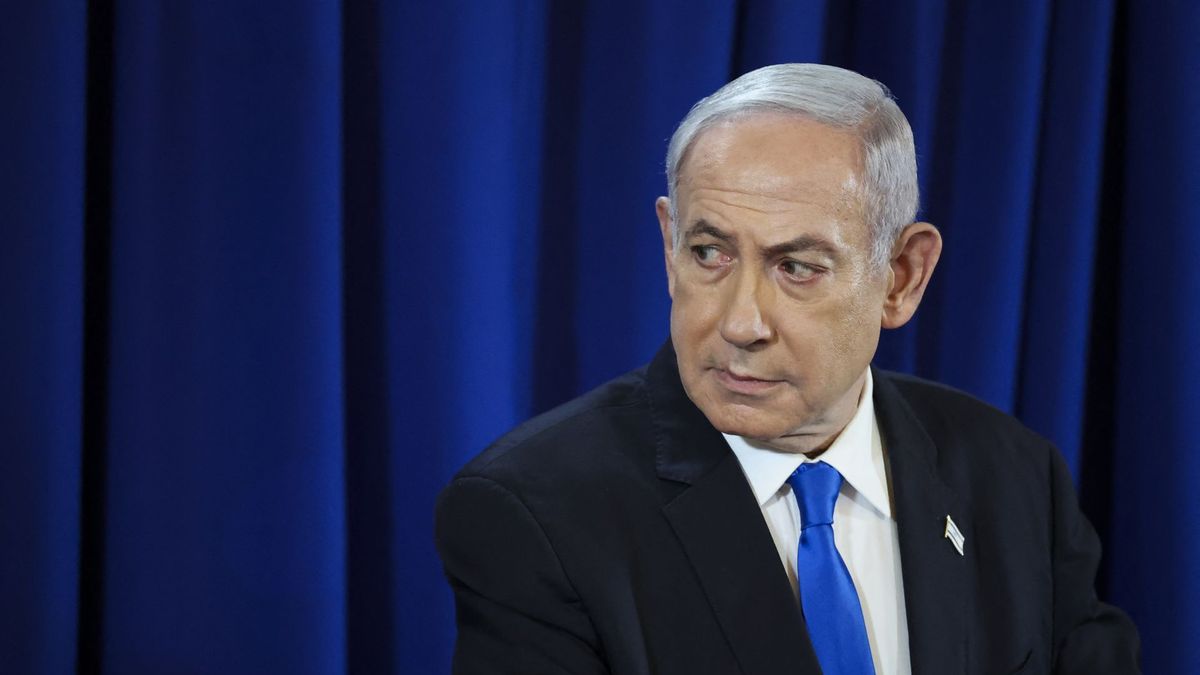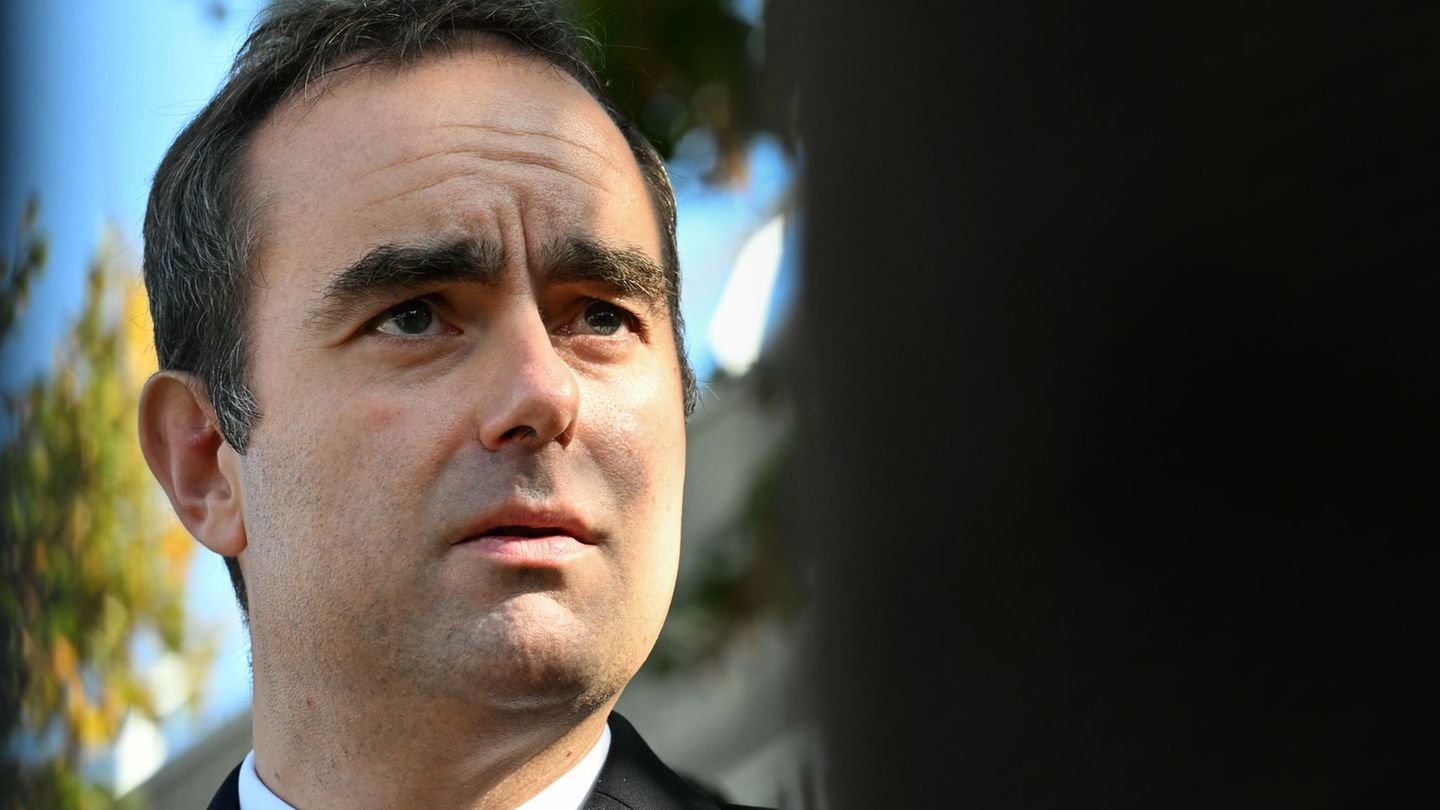The General Labor Center (CGT) described this Tuesday as “good and cordial” the meeting they had yesterday at Casa Rosada with the chief of staff, Guillermo Francosand Santiago Caputo among other officials. They confirmed that the Government committed, among other points, to soften the regulation of the “anti-blockade” article of the Law Bases and do not support union reform promoted in Deputies by the radical Martín Tetaz, sectors of the PRO and the Civic Coalition.
CGT leaders provided details of the meeting. The general secretary of the union confederation, Hector Daerstated on Radio 10 that They agreed with the Government to “remove discretion” from the “anti-blockade” article. As it was written, any union activity that totally or partially blocks the workplace can be considered serious labor injury, and, therefore, cause for justified dismissal.
“I think the Government realized that there are things that cannot be left to chance.that the State has to interpret certain issues,” said Daer. At the meeting they agreed to form a tripartite dialogue table, between the business sector, the representation of workers and the Executive Branch, “to advance in the drafting of a common text.”
Guillermo Francos
The meeting with the CGT was headed by the Chief of Staff, Guillermo Francos.
Chief of Staff Press
For his part, the deputy secretary of the CGT and head of UPCN, Andres Rodriguezconfirmed that the Government will not support the union reform law that is being discussed in Deputies. ““He (Santiago Caputo) does not agree with modifying the law and ordered the deputies of La Libertad Avanza not to participate in the Labor Legislation Commission.” and considered that “until now it has not demonstrated that it has a position “anti-union”.
The privatization of Aerolíneas Argentinas and concern about the university budget
The university budget crisis was one of the topics discussed at the meeting. “What we cannot do is bring the university to a point where the professors who have an academic level of excellence and who have exclusive dedication have to leave because they do not have enough money,” said Daer.
For his part, Rodríguez also said that the university issue and the conflict on the flag line are issues “that concern us.” Precisely, on the subject Argentine Airlines considered that “their own instances with the representations of labor must be exhausted and a point of balance and negotiation must be sought there. “We do not consider that the solution is to privatize it.”
What the union reform project says
The majority office that LLA and dialogue blocks will promote proposes changes on an issue of extreme sensitivity for the union authorities: prohibits the mandatory discount of solidarity contributions. Thus, the draft of that office states that “Contributions cannot be required or imposed on workers on a mandatory basis.” and that any discount must have the “express authorization of the worker“, which may be revoked at any time through a telegram or any other reliable means of communication.
Regarding the financing of unions, the office also seeks prohibit unions from receiving financial aid of employers, national public bodies or foreigners.
Another of the key points of the project is that it eliminates the possibility of indefinite re-electionas it currently exists, and provides for a single re-election. Thus, the draft details that the “mandates may not exceed four yearshaving the right to be re-elected for a new consecutive period of four years. At the end of this, a period of time to be elected again.
The Labor Legislation Commission will meet under the presidency of the radical deputy Martín Tetaz.
It also establishes direct changes to the management of these organizations, requiring that management be exercised by a body that has at least five members. They must be chosen in a way that ensures the will of the majority and minority.
In this sense, it also establishes that They must guarantee minorities in the deliberative and directive bodies when they had obtained more than 25% of valid votes issued by its affiliates. Thus, for the deliberative bodies the D’Hont system will be applied, while in the management board the winner will have the two thirds and the first minority the remaining third.
Another of the great points of debate is the establishment of the “Clean File”. Thus, the draft establishes that to occupy a position in the leadership it will not be possible to have civil or criminal restraints, no final criminal convictionunder the same conditions established in current legislation.
In this context, the development of the Clean Record law promoted by the ruling party and dialogue blocks will be key, which establishes that with a second instance conviction one cannot be a candidate for an elective position.
Finally, the office also determines the worker’s free choice of social work, after having complied with three months of permanence in the same since the employment relationship began. Along these lines, the draft details that workers “will be able to exercise the right of option, after remaining three months in the Social Work corresponding to the branch of their activity.”
Source: Ambito




